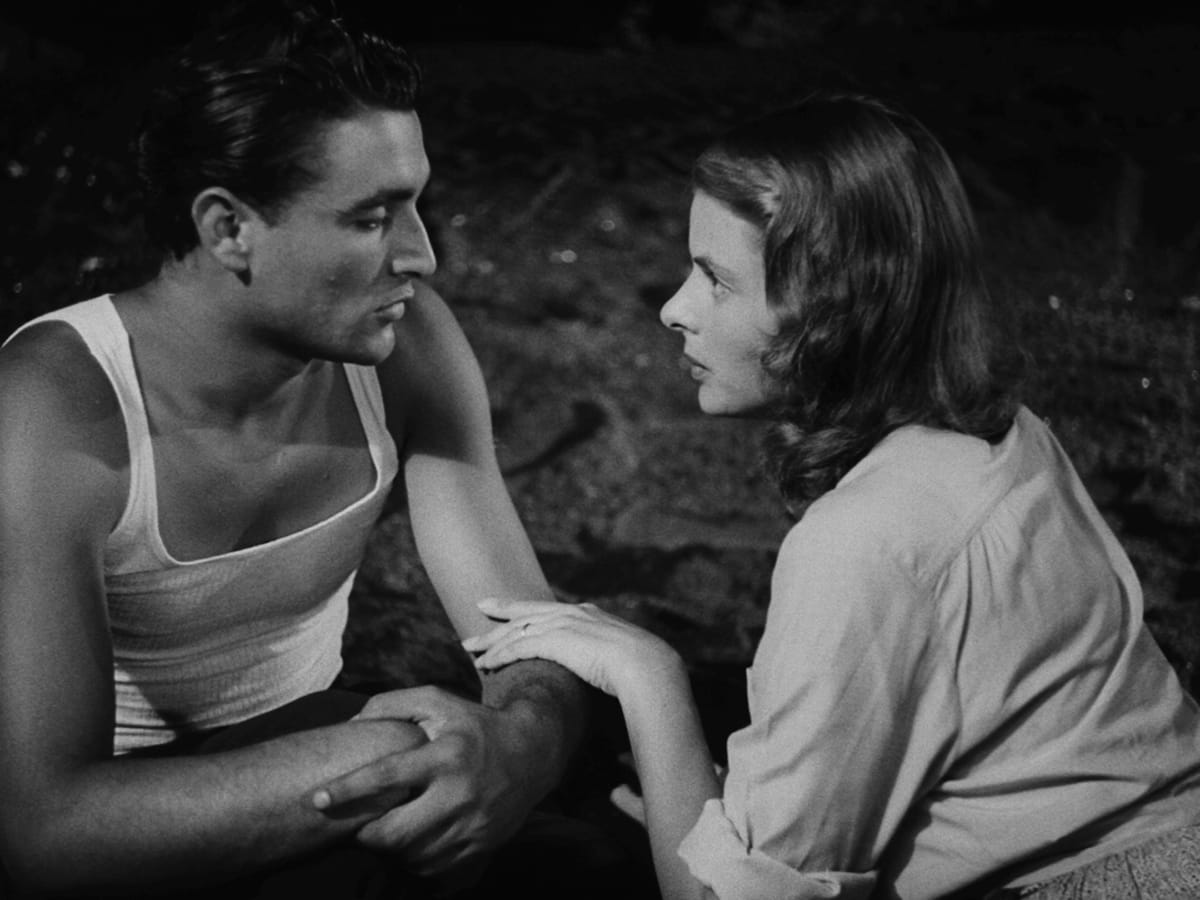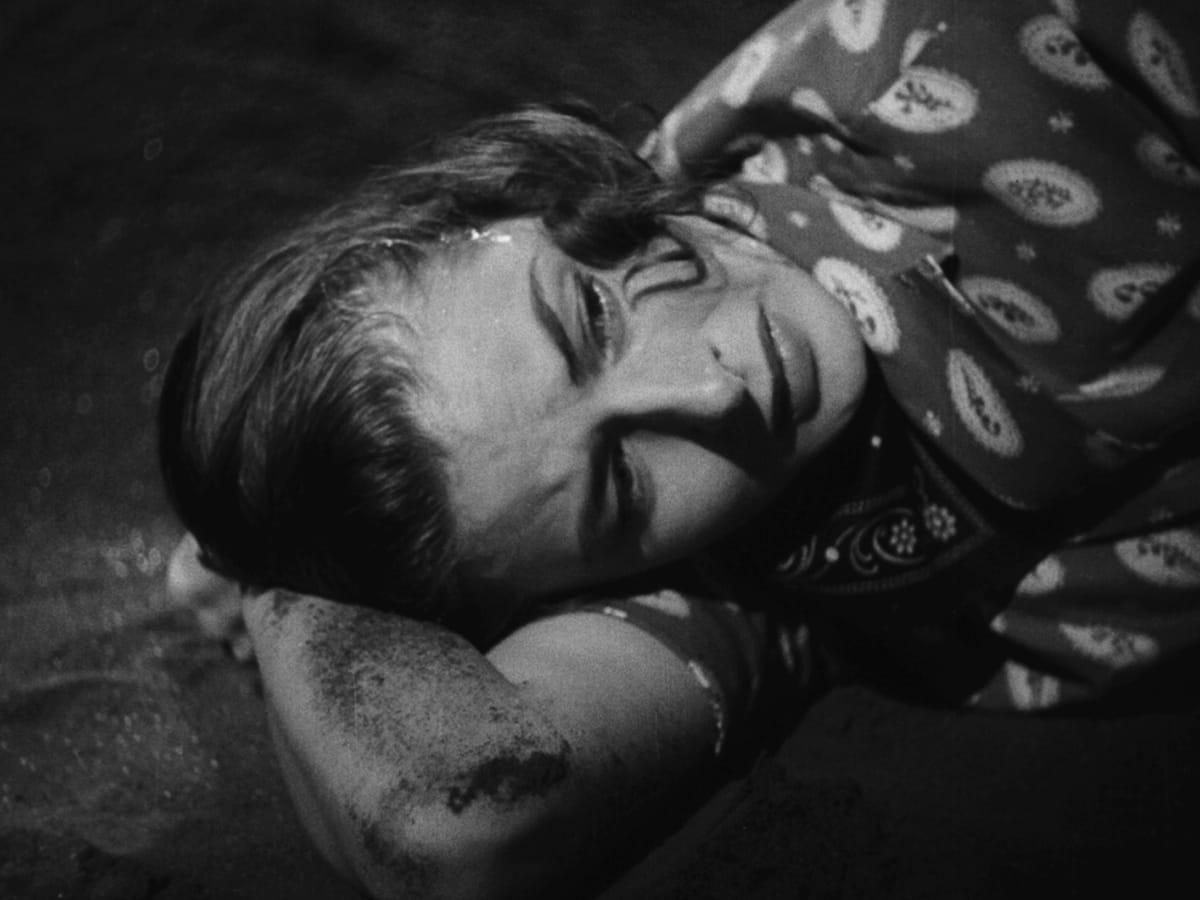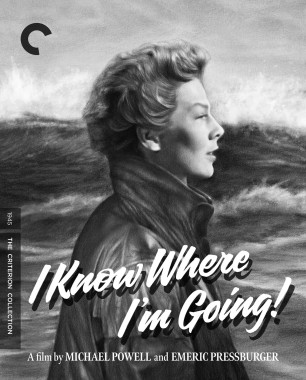Stromboli

The first collaboration between Roberto Rossellini and Ingrid Bergman is a devastating portrait of a woman’s existential crisis, set against the beautiful and forbidding backdrop of a volcanic island. After World War II, a Lithuanian refugee (Bergman) marries a simple Italian fisherman (Mario Vitale) she meets in a prisoner of war camp and accompanies him back to his isolated village on an island off the coast of Sicily. Cut off from the world, she finds herself crumbling emotionally, but she is destined for a dramatic epiphany. Balancing the director’s trademark neorealism—exemplified here in a remarkable depiction of the fishermen’s lives and work—with deeply felt melodrama, Stromboli is a revelation.
Special Features
- New high-definition digital restoration of the English-language version, with uncompressed monaural soundtrack on the Blu-ray edition
- New 2K digital restoration of the Italian-language version, Stromboli terra di Dio, with uncompressed monaural soundtrack on the Blu-ray edition
- Introduction by director Roberto Rossellini
- New interview with film critic Adriano Aprà
- Rossellini Under the Volcano, a 1998 documentary that returns to Stromboli fifty years after the making of the film
- Surprised by Death, a new visual essay by film critic James Quandt on the historical and artistic themes of the trilogy (DVD)
- Rossellini Through His Own Eyes, a 1992 documentary on the director’s approach to cinema, featuring archival interviews with Rossellini and actress Ingrid Bergman (DVD)
- New English subtitle translation
Available In
Special Features
- New high-definition digital restoration of the English-language version, with uncompressed monaural soundtrack on the Blu-ray edition
- New 2K digital restoration of the Italian-language version, Stromboli terra di Dio, with uncompressed monaural soundtrack on the Blu-ray edition
- Introduction by director Roberto Rossellini
- New interview with film critic Adriano Aprà
- Rossellini Under the Volcano, a 1998 documentary that returns to Stromboli fifty years after the making of the film
- Surprised by Death, a new visual essay by film critic James Quandt on the historical and artistic themes of the trilogy (DVD)
- Rossellini Through His Own Eyes, a 1992 documentary on the director’s approach to cinema, featuring archival interviews with Rossellini and actress Ingrid Bergman (DVD)
- New English subtitle translation

Cast
- Ingrid Bergman
- Karin
- Mario Vitale
- Antonio
- Renzo Cesana
- Priest
- Mario Sponza
- Lighthouse keeper
Credits
- Director
- Roberto Rossellini
- Produced by
- Roberto Rossellini
- Story
- Roberto Rossellini
- Screenplay
- Sergio Amidei
- Screenplay
- G. P. Callegari
- Screenplay
- Art Cohn
- Screenplay
- Renzo Cesana
- Religious theme inspired by
- Father Félix Morlion, OP
- Cinematography
- Otello Martelli
- Editing
- Iolanda Benvenuti
- Music
- Renzo Rossellini
- Musical director
- C. Bakaleinikoff
- Sound
- Terry Kellum
- Sound
- E. Giordani



















